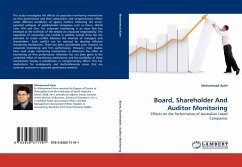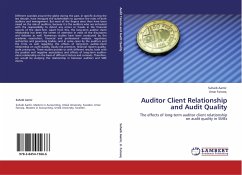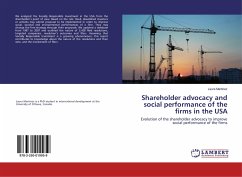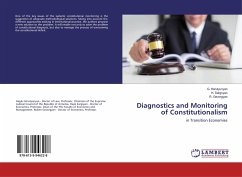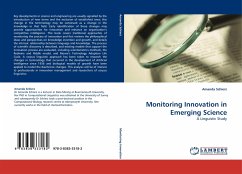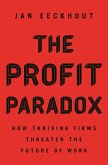This study investigates the effects of corporate monitoring mechanisms on firm performance and their substitution and complementary effects under different conditions of agency conflict. Following the much-reported collapses of publiclylisted companies such as Enron, World Com, HIH and One. Tel, corporate monitoring is an issue that has emerged at the forefront of the debate on corporate responsibility. The separation of ownership and control in publicly owned firms has the potential to create conflict between the interests of managers and shareholders. Such conflict can be reduced by devising effective monitoring mechanisms. There has been considerable prior research on corporate monitoring and firm performance. However, most studies have used single monitoring mechanisms to determine the effect of monitoring on firm performance. Attention has not been given to the combined effect of monitoring mechanisms and the possibility of these mechanisms having a substitution or complementary effect. This has implications for endogeneity and multicollinearity issues that are common concerns in corporate governance research.

